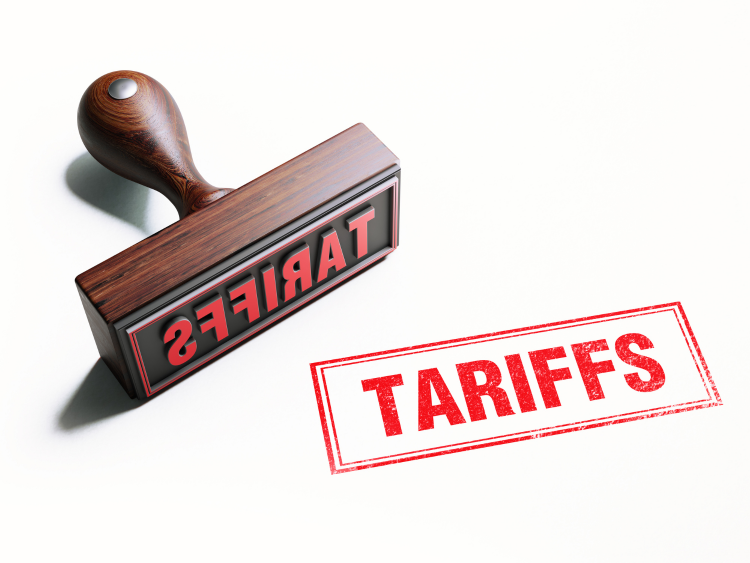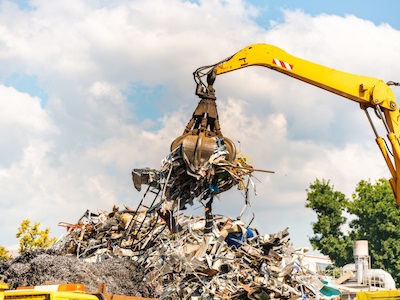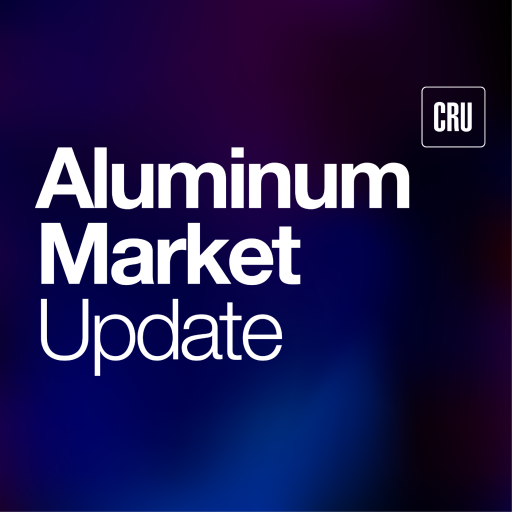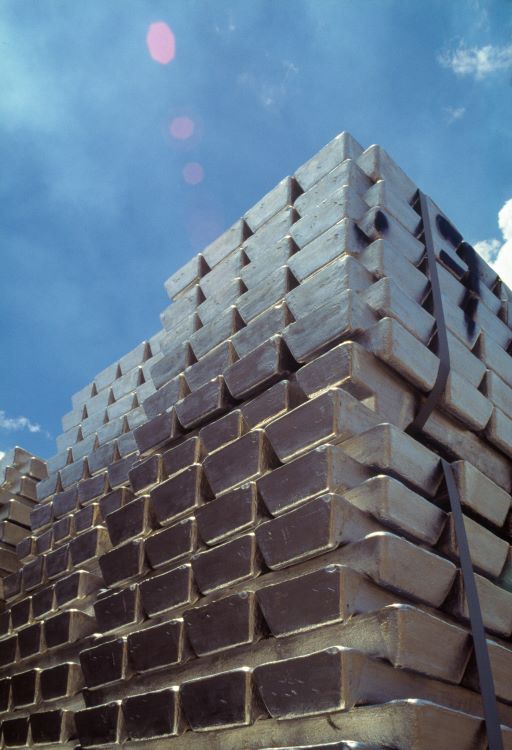Aluminum Scrap Markets

April 2, 2025
Trump declares trade emergency, hits imports with new tariffs - What it means for aluminum
Written by Gabriella Vagnini
President Trump dropped a major trade directive on April 2, declaring a national economic emergency tied to the U.S. trade deficit, which topped $1.2 trillion last year. The solution? A blanket 10% tariff on nearly all imports, and higher country-specific rates starting April 9.
But aluminum already has its own tariff structure, and it’s staying in place…for now.
What just happened
- Trump signed an executive order declaring trade imbalances a national security threat.
- All imports into the U.S. will face an additional 10% tariff starting April 5.
- Then, starting April 9, some countries (Annex I) will be hit with higher country-specific tariffs.
- These apply on top of any existing duties or Section 232 actions already in place.
What he didn’t touch on
- Most aluminum products, including primary, derivatives, beer, and cans, remain under Section 232 and are excluded from the new blanket tariff.
- However, aluminum scrap (HTS 7602.0.00) is not excluded under the April 2 directive, and per the U.S. Department of Commerce, it is now subject to the 10% tariff.
Country-specific rules
- Canada and Mexico:
- If goods don’t qualify under USMCA, they face a 25% duty.
- If they do qualify, they remain under preferential terms, though they must prove origin.
- Energy and potash from Canada = 10% tariff, unless exempt.
- China, Hong Kong, Macau:
- Treated as one, all face full tariff rates to block transshipment.
- Everyone else:
Aluminum takeaway
If you import aluminum products, here’s where things stand:
- If it’s cans or beer, you’re under Section 232, not the new blanket tariff, and duties start April 4.
- If it’s scrap (7602.00), brace for the 10% tariff. While scrap was previously exempt under Section 232, it is now included in the scope of the new blanket tariff – confirmed by the U.S. Department of Commerce to CRU.
- If it’s from Canada or Mexico, check USMCA compliance, as it is not clear if they are exempt from the blanket tariff. (See Executive Order for full details)
This isn’t just another tariff tweak; it’s a full reset of how the U.S. is approaching global trade. With aluminum staying under Section 232 and everything else getting pulled into this sweeping emergency order, the message is loud and clear: If you’re not manufacturing in the U.S., you’re going to pay.







